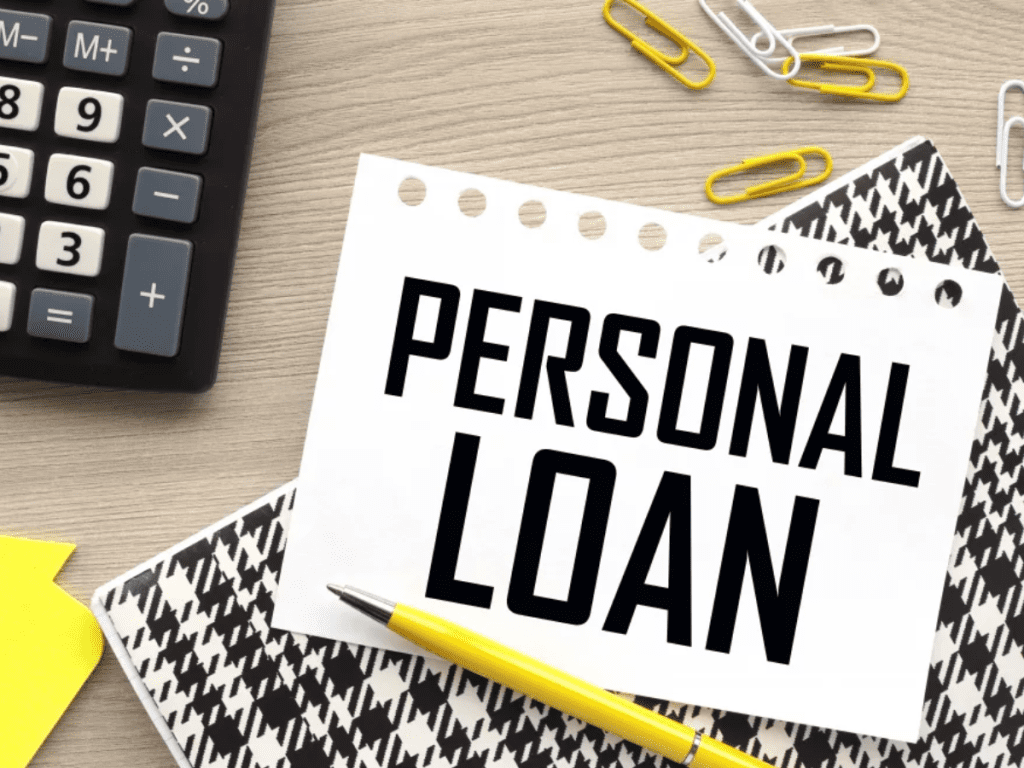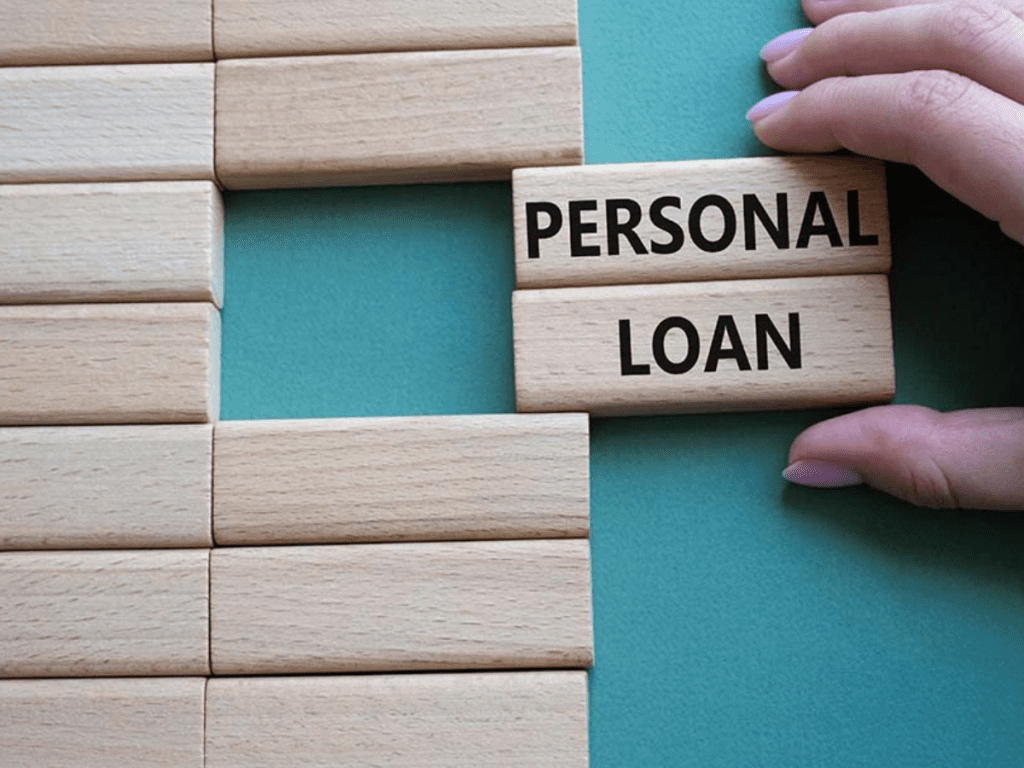Introduction
Your credit score plays a crucial role in determining the terms and interest rates of any personal loan you may apply for. If you have a poor credit score, you may find yourself facing high-interest rates, unfavorable loan terms, or even rejection from lenders. Improving your credit score can significantly increase your chances of qualifying for better loan terms and lower interest rates. In this article, we will explore how you can improve your credit score, the factors that influence it, and how these improvements can work to your advantage when seeking a personal loan.
What is a Credit Score?
A credit score is a numerical representation of your creditworthiness, which is determined by several factors in your credit history. Credit scores typically range from 300 to 850, with higher scores indicating better creditworthiness. Lenders, including banks, credit card companies, and other financial institutions, use your credit score to evaluate your ability to repay a loan and determine the terms of the loan, including the interest rate.
In most cases, the credit score is categorized as follows:
- 300-579: Poor
- 580-669: Fair
- 670-739: Good
- 740-799: Very Good
- 800-850: Excellent
A higher credit score demonstrates that you are a lower-risk borrower, which increases your chances of getting approved for a loan with favorable terms.
Why is Your Credit Score Important for Personal Loans?
Your credit score significantly influences the terms of your personal loan. Lenders rely on your credit score to assess the level of risk they would take on if they lend you money. The higher your credit score, the more likely you are to secure a loan with a lower interest rate, higher loan limit, and more flexible repayment terms.
On the other hand, if your credit score is low, lenders may view you as a higher-risk borrower, and as a result, you may face:
- Higher Interest Rates: A lower credit score can result in higher interest rates on loans. This means that you will pay more in interest over the life of the loan.
- Limited Loan Options: Lenders may be hesitant to offer loans to individuals with poor credit, and even if they do, the terms may not be favorable.
- Lower Loan Amounts: A low credit score can result in lower loan amounts, limiting your borrowing options.
Improving your credit score can help you secure better personal loan terms, lower interest rates, and more favorable repayment schedules. Here are some strategies to improve your credit score and increase your chances of qualifying for a better personal loan.
1. Check Your Credit Report for Errors
The first step in improving your credit score is to obtain a copy of your credit report from all three major credit bureaus: Equifax, Experian, and TransUnion. Under U.S. law, you are entitled to a free credit report from each bureau once every 12 months. You can obtain these reports from websites like AnnualCreditReport.com.
Once you have your credit reports, carefully review them for any inaccuracies or errors, such as:
- Incorrect personal information
- Accounts that don’t belong to you
- Incorrect account status (e.g., a paid account marked as outstanding)
- Inaccurate late payment records
If you spot any errors, you can dispute them with the relevant credit bureau. Correcting errors can help raise your credit score quickly, especially if a mistake has caused your score to drop.
2. Pay Your Bills on Time
Your payment history is one of the most important factors in determining your credit score, accounting for about 35% of your FICO score. Late or missed payments can have a negative impact on your score, so it’s essential to pay your bills on time.
Set up automatic payments for your credit card bills, loans, and utilities to ensure that you never miss a due date. If you’re already behind on payments, try to get caught up as quickly as possible, as missed payments can remain on your credit report for up to seven years.
3. Reduce Your Credit Utilization Ratio
Your credit utilization ratio is the amount of credit you are using relative to your total available credit. This ratio makes up about 30% of your credit score. A lower credit utilization ratio is generally better for your credit score. Ideally, you should aim to keep your utilization below 30%, meaning you should use less than 30% of your available credit at any given time.
If you have high balances on your credit cards, try to pay them down as quickly as possible. Alternatively, you can ask your credit card issuers for a credit limit increase, which can lower your credit utilization ratio.
4. Avoid Opening Too Many New Accounts
When you apply for new credit, the lender performs a hard inquiry on your credit report, which can slightly lower your score for a short period. Opening too many new accounts in a short time can also make you appear risky to lenders, as it suggests you may be overextending yourself financially.
If you’re trying to improve your credit score, avoid applying for new credit cards or loans unless necessary. Instead, focus on paying down existing debts and managing your current accounts responsibly.
5. Keep Old Accounts Open
The length of your credit history makes up about 15% of your credit score. Having a long, positive credit history can improve your score, so it’s important to keep older accounts open, even if you no longer use them. Closing old accounts can shorten your credit history and may negatively impact your score.
However, if you have a credit card with high fees that you no longer use, it might make sense to close it. Just be aware of how this might affect your credit score before making a decision.
6. Pay Down Debt
If you have existing debt, paying it down is one of the most effective ways to improve your credit score. Focus on paying off high-interest debt, such as credit card balances, first. Once those balances are paid off, you can shift your focus to other loans.
Consolidating high-interest debt into a personal loan with a lower interest rate is another strategy to consider. A debt consolidation loan can help you pay off multiple debts with a single loan, which can improve your credit score by simplifying your debt and reducing your credit utilization.
7. Settle Any Collections Accounts
If you have any accounts in collections, it’s important to address them as soon as possible. While a collections account will stay on your credit report for up to seven years, paying off the debt can help you improve your credit score over time.
If you’re unable to pay the full amount, contact the collection agency and try to negotiate a settlement. In some cases, they may be willing to accept a reduced payment. Once the account is paid or settled, request that the agency reports the account as “paid in full” to the credit bureaus.
8. Use a Secured Credit Card
If you have little or no credit history, a secured credit card can be a great way to start building your credit. With a secured card, you make a deposit that serves as your credit limit. Using the card responsibly and paying it off on time can help you establish a positive payment history and improve your credit score.
Once your credit score improves, you may be able to transition to an unsecured credit card, which typically offers higher limits and better benefits.
9. Work with a Credit Counselor
If you’re struggling with debt or are unsure where to start, consider seeking help from a credit counselor. Credit counseling agencies can help you develop a plan to manage your debt and improve your credit score. They can also provide valuable advice on budgeting, negotiating with creditors, and managing credit responsibly.
Many credit counseling services are available for free or at a low cost, and they can provide you with tools and resources to help you take control of your finances.
10. Be Patient and Persistent
Improving your credit score takes time, and there’s no quick fix. It may take several months or even years to see significant improvements, depending on your situation. The key is to remain patient and persistent in managing your credit responsibly.
By consistently paying your bills on time, reducing your debt, and following the strategies outlined above, your credit score will gradually improve. As your score improves, you’ll be in a better position to qualify for personal loans with more favorable terms and lower interest rates.
Conclusion
Your credit score is a vital factor in securing personal loans with competitive terms and low-interest rates. By checking your credit report for errors, paying your bills on time, reducing your credit utilization ratio, and employing other strategies, you can improve your credit score over time. This, in turn, will increase your chances of qualifying for a personal loan that offers better terms, lower interest rates, and more flexibility in repayment. While the process of improving your credit score may take time, the benefits are well worth the effort in the long run.

